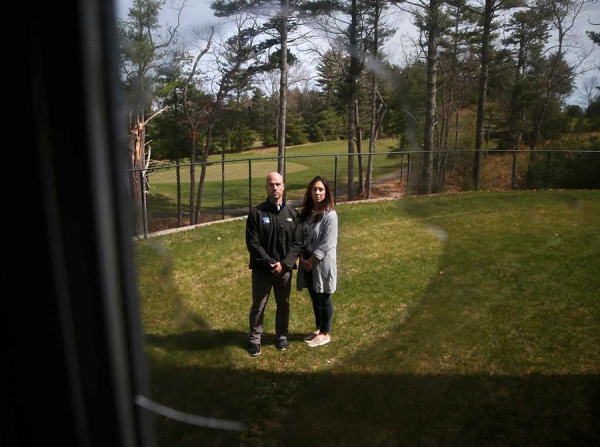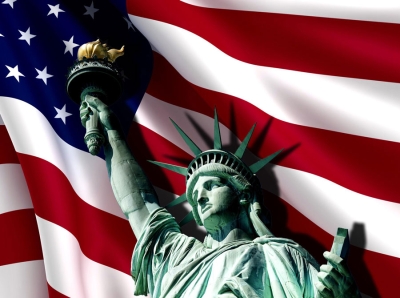In Massachusetts, golf balls are trespassing.

Let's take a break from big politics and talk about golf, and how arriving golf balls commit trespassing: illegal trespass on real estate.
In Massachusetts, a couple bought a house near a golf course. Expectedly or not, golf balls flew onto the site: due to the terrain, some attempts to pass the fifteenth hole led to the ball hitting the plaintiffs’ site. In about a year, 651 balls landed on the property, breaking 8 windows and damaging the siding on the house. As you might guess, the owners of the house went to court, citing that the balls violated property rights. During the process, which lasted several years, the golf club took steps to mitigate damage from the fifteenth hole, resulting in a reduction in the number of balls hit to the plaintiffs to approximately 100, a third of which hit the house.
The vast majority of cases in the United States end in a settlement agreement, if not before the disclosure of evidence, then after (if the evidence is known and the parties understand the outcome of the case, since it is dictated by precedents and not the desire of the judge, then there is no point in wasting time). But not in this case. The jury trial went from start to finish. The jury agreed with the home owners and awarded the golf club $100 in compensation for trespassing and another $3.4 million for the emotional suffering of the spouses. In addition, the judge granted a request to prohibit the golf club from operating in a manner that would cause balls to land on the plaintiffs' property.
The appeal upheld the decision, but the state Supreme Court looked at the case from a different angle and assessed the declaration of covenants and restrictions that was adopted by local authorities during the construction of the golf club and the subsequent construction of houses around it. It turned out that local authorities allowed access to areas in the immediate vicinity of the field in order to pick up the flighted ball. And the very activities of the golf club imposed restrictions on the ownership of neighboring plots, provided that the club conducted its activities in a “customary and usual manner” / in the usual manner.
When instructing the jury, the trial judge referred to only one part of the local authority's declaration regarding the right of golfers to take balls from the grounds, finding the second part irrelevant. The higher court judges, on the other hand, considered it important: the local government had given the golf club the opportunity to operate in the normal manner, the golf club insisted that it had done so, so the jury must decide whether the operation of the fifteenth hole was in the usual manner. But the trial court neither asked the jury about this nor explained to them the content of the restriction on property rights.
In general, a new round of consideration of the case awaits everyone.
Author: Igor Slabykh



